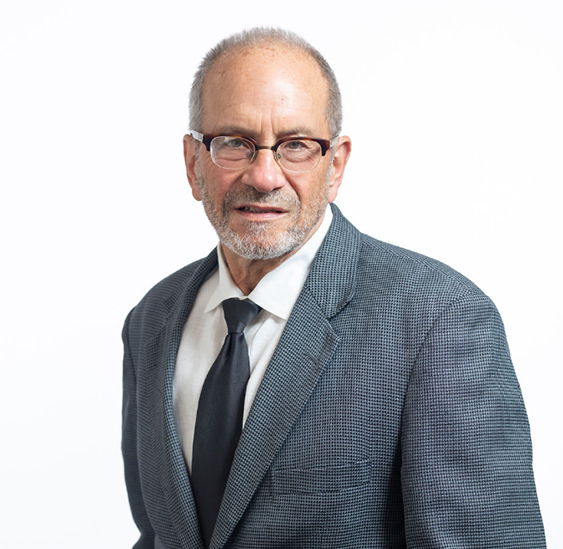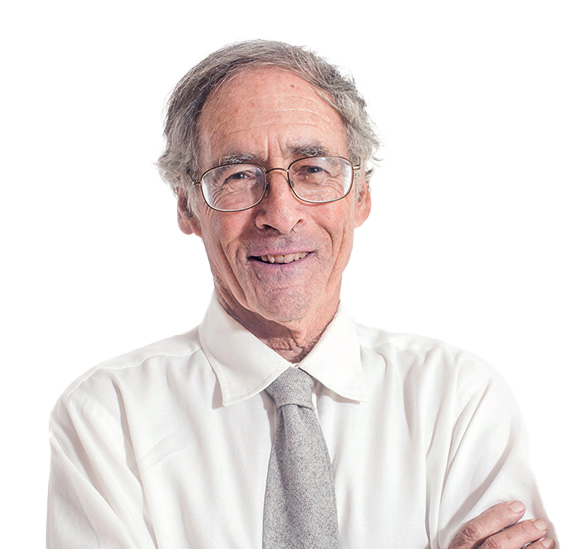CALIFORNIA SUPREME COURT UNIT
The Court grants less than 3% of all petitions for review. Your kid has a better chance of getting into Stanford or Harvard than you have of getting your petition for review granted.
Our California Supreme Court Unit consists of attorneys who have served as law clerks and research attorneys on the California Supreme Court. We are intimately familiar with the Court's internal procedures, how the Justices look at cases, and – in particular – what is likely to get the Justices to grant a petition for review.
We can help you with that in two crucial ways.
First, we evaluate your case to determine whether you have a reasonable chance of squeezing into that 3%. If you don't, we tell you, so you can save your client the expense and anxiety of another losing battle.
If we believe you have a reasonable chance, we help you strategize. Being “right” (i.e., showing that the Court of Appeal got it wrong) is not enough. Our extensive experience with the Supreme Court's processes can make a difference.
If the Court grants review, we can help you draft your briefs on the merits and prepare you for oral argument. Or, if you prefer, we can take over these tasks ourselves.
To discuss your case, give us a call.
See Mr. Moskovitz argue a case to the California Supreme Court:



